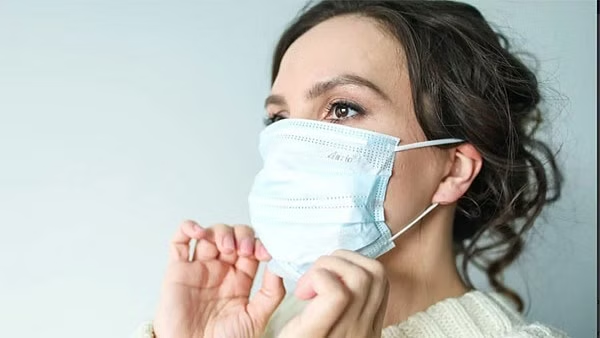A large number of people are struggling with the problem of cold and cough in the constantly and rapidly changing weather. However, due to the spread of new influenza, these symptoms of cold, cough, and fever are not normal. H3N2 infection is being found in patients suffering from seasonal viral fever. Patients have to be admitted to hospitals when their health deteriorates.

Amidst the monsoon, the government's influenza tracker has once again given an alert of H3N2 infection. This is a subtype of seasonal influenza H1N1 which is currently spreading in most parts of the country. Due to this, the cold and cough that often occurs in the monsoon is no longer normal. There is a need to admit infected patients to hospitals. Also, it is rapidly catching family members. According to the Indian Council of Medical Research (ICMR), the H3N2 virus is spreading rapidly in most parts of the country for four weeks. Last week, it was confirmed in about 42% of the samples.
ICMR believes that H3N2 was found in about 50% of all patients admitted to the hospital with severe acute respiratory infections. This seasonal influenza is an acute respiratory infection caused by the influenza virus. The Union Health Ministry said that seasonal influenza peaks twice every year in the country. The first comes from January to March and the second in the post-monsoon season. This year it started appearing in August itself. The highest risk of this can be children up to five years of age and the elderly population of 60 years or more.
Influenza found in more than 100 samples; Appeal to follow rules like corona
According to a senior scientist of ICMR, when influenza tests are done on patients admitted to hospitals, its information reaches a network formed at the central level which is under ICMR. In the last week, about 100 samples have been confirmed to have a severe form of influenza, which is called H3N2 infection.

According to the Ministry of Health, just like the preventive measures were followed during the Corona epidemic, one should still clean his hands thoroughly. Wear a mask if you have symptoms of mild cold or cough and stay away from crowds. Avoid touching your eyes and nose repeatedly. Drink fluids and take paracetamol medicine if you have a fever or body ache.
The World Health Organization (WHO) has said in an alert that H3N2 infection spreads very fast in densely populated areas. WHO has said that increasing surveillance and timely investigation is necessary to prevent its spread.
According to ICMR, H3N2 spreads through respiratory droplets when an infected person coughs or sneezes. Its symptoms are similar to seasonal flu and include fever, sore throat, cough, fatigue, and body aches. In the current outbreak, about 10 percent of patients suffering from this infection are requiring oxygen.
(PC: PTI)










